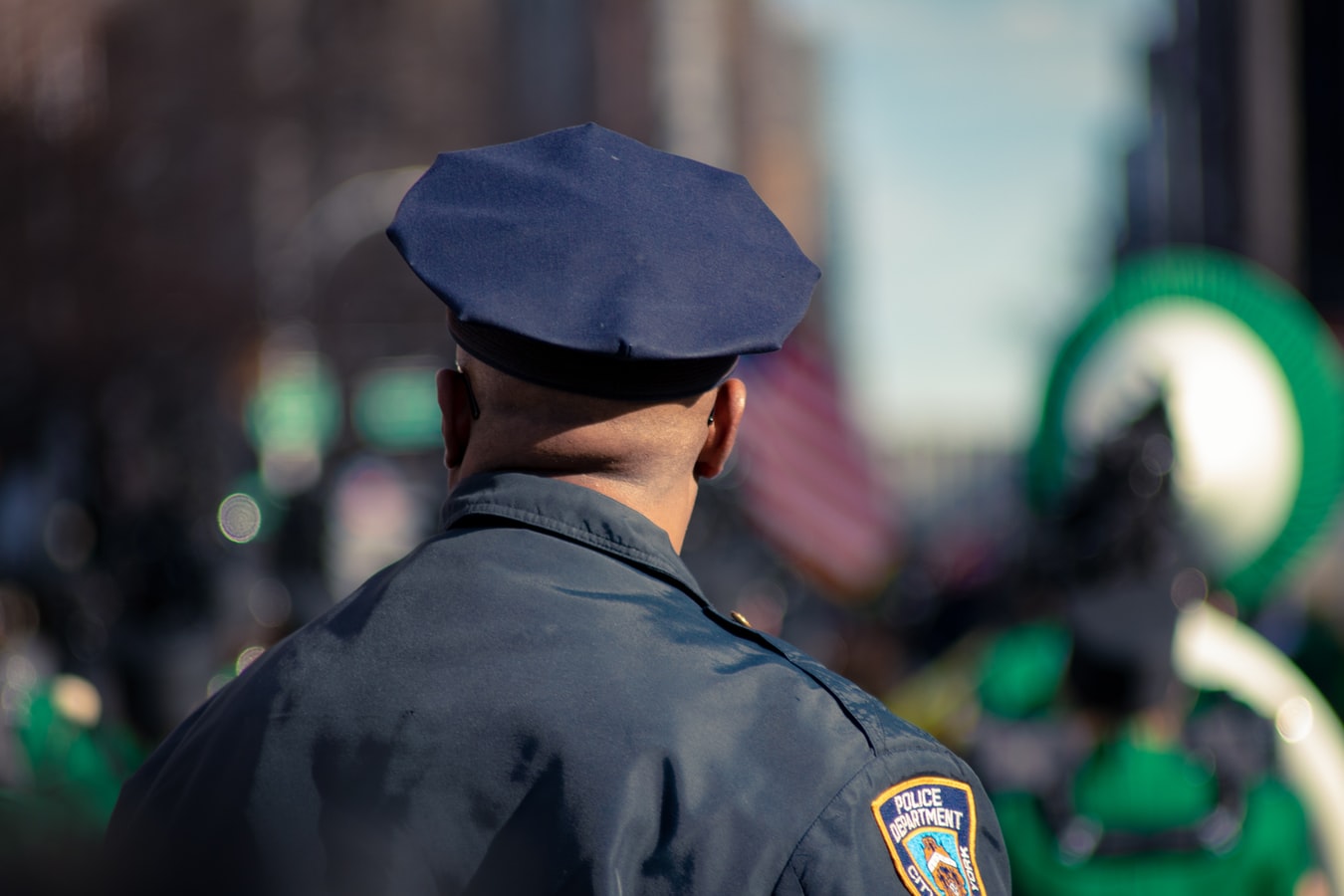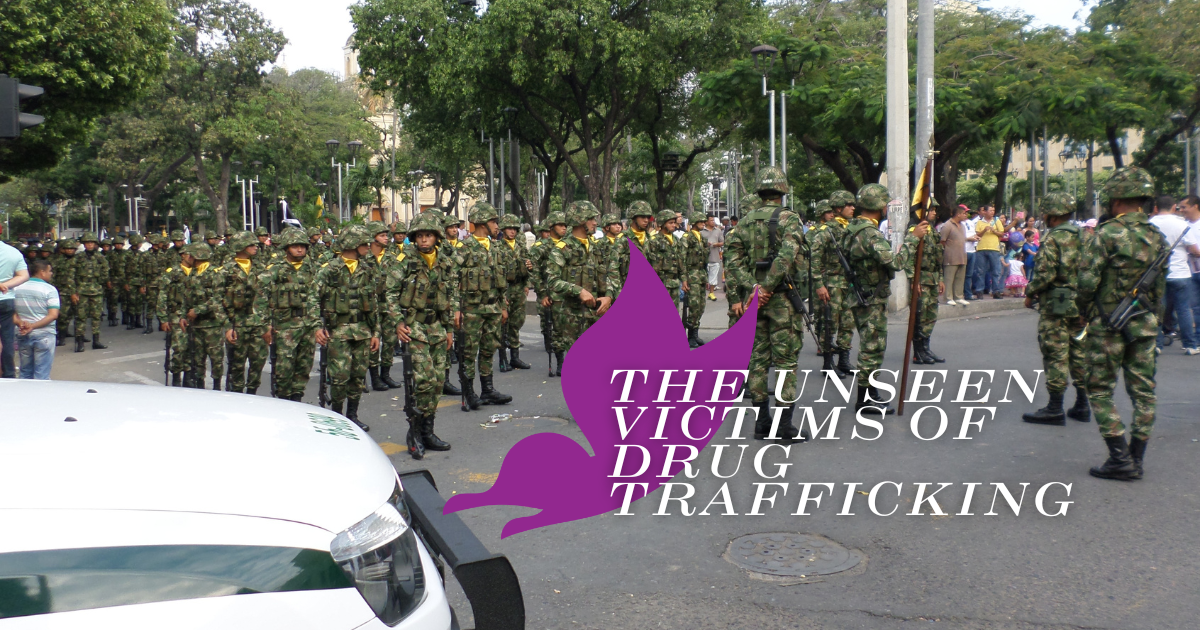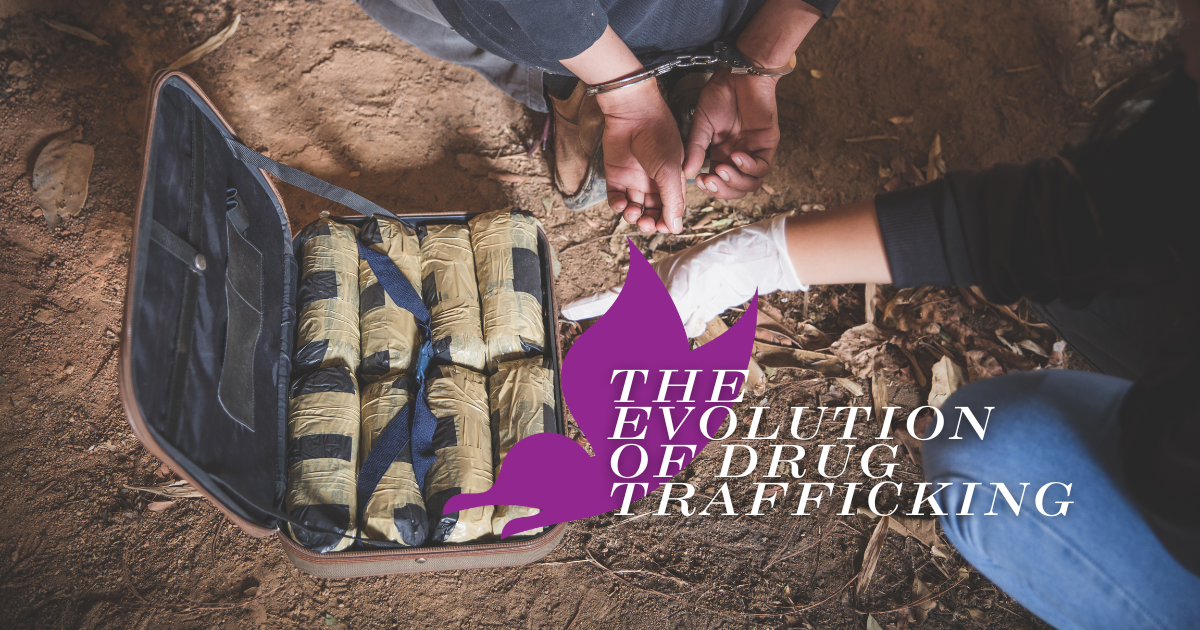Unfortunately, members of law enforcement respond to and witness some of the most terrible and traumatic events to happen within communities. Often times, they are at the focal point in hostile situations and are required to make tough, life altering decisions. Stress among cops can accumulate and have a significant impact on their careers and daily lives, with many officers struggling with addiction, depression, suicidal ideation, PTSD, and several other challenges. According to NAMI, the National Alliance and Mental Illness:
- Nearly 1 in 4 police officers has thoughts of suicide at some point in their life.
- The suicide rate for police officers is four times higher than the rate for firefighters
- In smaller departments, the suicide rate for officers increases to almost four times the national average.
- More police die by suicide than in the line of duty. In 2017 there were an estimated 140 law enforcement suicides.
- Compared to the general population, law enforcement report much higher rates of depression, PTSD, burnout, and other anxiety related mental health conditions.
For many years, the typical response to cops experiencing PTSD and anxiety related symptoms was for departments to turn the other cheek. Cops were expected to toughen up and move past any awful or horrific scenes that they witnessed. It’s unsurprising to learn that many police officers once struggled with alcoholism, depression, and undiagnosed PTSD.
Nowadays, officers are given more resources to adequately address substance abuse issues. From department led counseling, to more support and understanding at home, today’s police force is more equipped to tackle the challenges of trauma, anxiety, depression, and addiction among cops. And although great strides have been made however, there is always room for improvement, especially given the statistics above.
Law Enforcement Distress Syndrome in Police Officers
LEDS, or Law Enforcement Distress Syndrome, is a psychological condition that arises when law enforcement members suffer from prolonged exposure to continuous threats, trauma, violence, accidents, and crime. This exposure has direct effects on the stress response of the brain, and can trigger several recurring symptoms in law enforcement officials who experience them. Research has shown that police officers in high-crime area and large metropolitan patrols actually exhibit a greater number and severity of symptoms. Diagnosing LEDS requires the recognition of 1 or more of 8 known symptoms, which are:
- Hyper-vigilance
- Revenge/vengeance paranoia
- Distrust of others
- Antisocial behavior
- Fatalistic thinking
- Adrenaline addiction
- Depression, suicidal thoughts or actions
- Alcohol or substance abuse issues
Additionally, the last several years have put a spotlight on law enforcement that has increased hostility in tension. A constant barrage of public attention, negative stories, and a hostile work environment has created an overall general distrust of and disrespect towards officers, which in turn could exacerbate symptoms of LEDS.
Post Traumatic Stress Disorder in Police Officers
PTSD can occur in any individual who has experienced a traumatic event, whether it be through combat, physical or sexual assault, natural disaster, or childhood abuse. A police officer may be diagnosed with PTSD when they’ve been exposed to a traumatic event such as witnessing actual or near death situations, the loss of someone close to them, significant threats to their own or another’s life, and other events that could induce intense fear, helplessness, and horror.
Some police officers attempt to cope with their PTSD through self medication with drugs and alcohol. Prolonged usage of ingesting chemical inebriants can wind up creating more harm in the long run, and a police officer could develop what is known as a Substance Abuse Disorder (SUD). When this occurs, it becomes completely necessary to find treatment that adequately addresses both diagnoses, not just one or the other.
Substance Use Disorders in Police Officers
Law enforcement are usually the first ones to respond to incidents in which substance abuse is causing a public disturbance, domestic violence, or criminal activity. Police officers are perceived as the ones who take a stand against drug and alcohol abuse and addiction and the first to handle it. However, the reality is that police officers are a population who may struggle with addiction the most.
Addiction among law enforcement occurs at a higher rate than the general population. Roughly 1 out of 4 police officers currently struggles with addiction via an alcohol or drug use disorder, ranging anywhere from 20% to 30% are more likely to suffer from a substance use disorder. According to Dr. Indra Cidambi, Addiction Expert and Medical Director at the Center for Network Therapy in New Jersey, “Repeated exposure to high-stress, life-threatening situations coupled with long hours and an insular culture appear to turn police officers toward alcohol or drugs in order to relax and cope. The good news is that they enter recovery faster when treatment integrates with their living environment.”
In one 2010 study on police officers working in metropolitan areas, researchers found that roughly 11% of male and 16% of female officers reported at-risk levels of drinking according to the standards of the NIAAA (National Institute on Alcohol Abuse and Alcoholism. Another survey conducted in 2007 found that out of 1000 American police officers, roughly 37.6% of respondents endorsed one or more problem drinking behaviors. Researchers agree that elevated alcohol consumption among police officers is related to social and stress related problems such as drinking to cope with stress and drinking to fit in.
Social factors play an important role among the law enforcement population, as police officers spend a very large amount of their social time with other officers. Most police officers report spending at least 25% of their social time with their coworkers, while 10% of officers reported that they spent more than 75% of their free time with coworkers. Scientists and clinicians fear that the combination of drinking to fit in and spending large amounts of time with colleagues could lead to a culture of problematic drinking behaviors among police officers.While social factors are certainly a major concern, perhaps an even more significant area of interest is the relationship between the stress and trauma faced by officers in the line of duty and subsequent increases in alcohol consumption.
PTSD and LEDS in Police Officers
So what causes these psychological disorders in police officers. The list is long and varied, with cops experiencing anything from shootouts, to child abuse, to grisly murder scenes and more. While most officers will never discharge their weapon while on the job, there are still many who do. When an officer is involved in a shooting, they may experience physical, cognitive, and behavioral health effects. For example, time slowing down, heart beat racing, hearing impaired. And afterwards too, they may experience involuntary reactions.
Things like memory degradation, anger issues, isolation, insomnia etc… Officers are not responsible for these involuntary reactions as it is simply the body reacting to the experience that the officer had. They are generated by stress hormones and neurochemicals generated in order to survive. PTSD and LEDS can make an officer feel as though they are going crazy.
So why do some cops experience these symptoms while others do not? The answer is complicated and based on numerous internal and external factors such as how that officer responds to stress, what they’re going through at the time, if they have a support system at home, if they have substance abuse issues, family history etc… There is simply no way of predicting with absolute certainty whether an officer will develop LEDS or PTSD symptoms.
Improving Department Resources for Mental Health
According to Maria Haberfield, political science professor at John Fay College of Criminal Justice, one of the most critical issues police departments are lacking in is stress management. “Stress on the job is stress management training they do not receive. The same way they need to be qualified for firearms twice a year, it has to be mandatory to go to stress management,” Haberfield said.
Laura Usher, senior manager for criminal justice and advocacy at NAMI, says that growing awareness of officer’s mental health needs more peer-led support programs around the country. She said, “It would be a good idea for an annual mental-wellness check to be a part of their fitness training and re-certification. This will help officers get familiar with mental health resources and simply introduce them to the topic.”
Badge of Life
Badge of Life is a 501 (c) 3, Not for Profit organization that focuses on educating and training law enforcement on mental health and suicide prevention. Badge of Life is also focused on collecting accurate information on officer suicides and offering more informed treatment for what is known as cumulative PTSD. Unlike regular PTSD, this disorder builds up over time and is more difficult to diagnose and treat.
For example, we know that catastrophic events such as shootings have treatment options available, but cumulative PTSD has no outline for response. Unlike a physical injury that happens on the job and can be treated right away, cumulative PTSD begins to surface over time but is largely ignored. When this happens, officers become a risk to themselves and others who rely on them.
Currently, many departments have their officers participate in annual mental health checks in which officers visit a therapist of their own choice on a voluntary basis once per year. Much like an annual physical or dental cleaning, this annual check grants law enforcement the opportunity to check in, review their mental wellness, and gain guidance on moving forward. Officers also have the chance to vent the pressures of their job. Pressures on men and women in law enforcement are reaching new highs, which means that officers need support now more than ever in this area.
Treating Addiction in Police Officers
Treating members of law enforcement for addiction requires a working knowledge of their work environment such as potential stressors, support networks available, and the unique characteristics they possess. Typically, treatment for addiction for cops has involved taking them away from this environment to offer treatment in a different location. However, treatment that can better integrate the daily environment a cop must navigate would be much more effective in preventing future relapses.
When a cop is sent away from their living environment, no matter how great that treatment is, it doesn’t fully prepare them for coping with the daily stressors of real life. Outpatient treatment could be the ideal solution as it allows the freedom for patients to apply the skills they are learning on a daily basis.
Another component of treatment that works well for law enforcement is the integration of the family into education and counseling. The focus is to bring the family into the dialogue to help them help their loved one. Cops are tough and expected to be self-sufficient. As such, they have a tough time admitting when they have a problem they cannot solve. This leads to some police officers failing to leverage relationships with their loved ones for support because they lack the tools to ask for help. By integrating the family, treatment providers can help them connect with their loved ones to create a better and more understanding home environment.
Cops also face tremendous pressure at work and even in the office. Having cops equipped with coping skills that allow them to defuse these stressors and put them in perspective can help them to avoid relapse following treatment. The focus on work-related stress coping skills should include relaxation techniques such as meditation, yoga, breathing, and skills exercises. Since police officers also suffer from mental health issues at a higher rate than the general population, they will often turn to drugs and alcohol to self-medicate instead of seeking treatment. Police officers will need more recurring mental health check ups with a focus on issues such as PTSD, depression, guilt, and more. Treatment providers may wish to employ a proactive approach, as many police officers and men in general are more hesitant to address mental health issues with providers.
In Conclusion
At Landmark Recovery, we do everything possible to make sure our patients receive the best possible care. We believe in creating a supportive network of love and access to resources that can help you break free from the chains of addiction. Visit our website to learn more about drug rehab in Indianapolis.

Choose Recovery Over Addiction
We're here 24/7 to help you get the care you need to live life on your terms, without drugs or alcohol. Talk to our recovery specialists today and learn about our integrated treatment programs.




